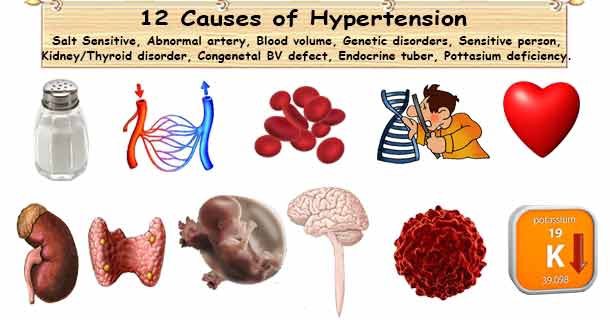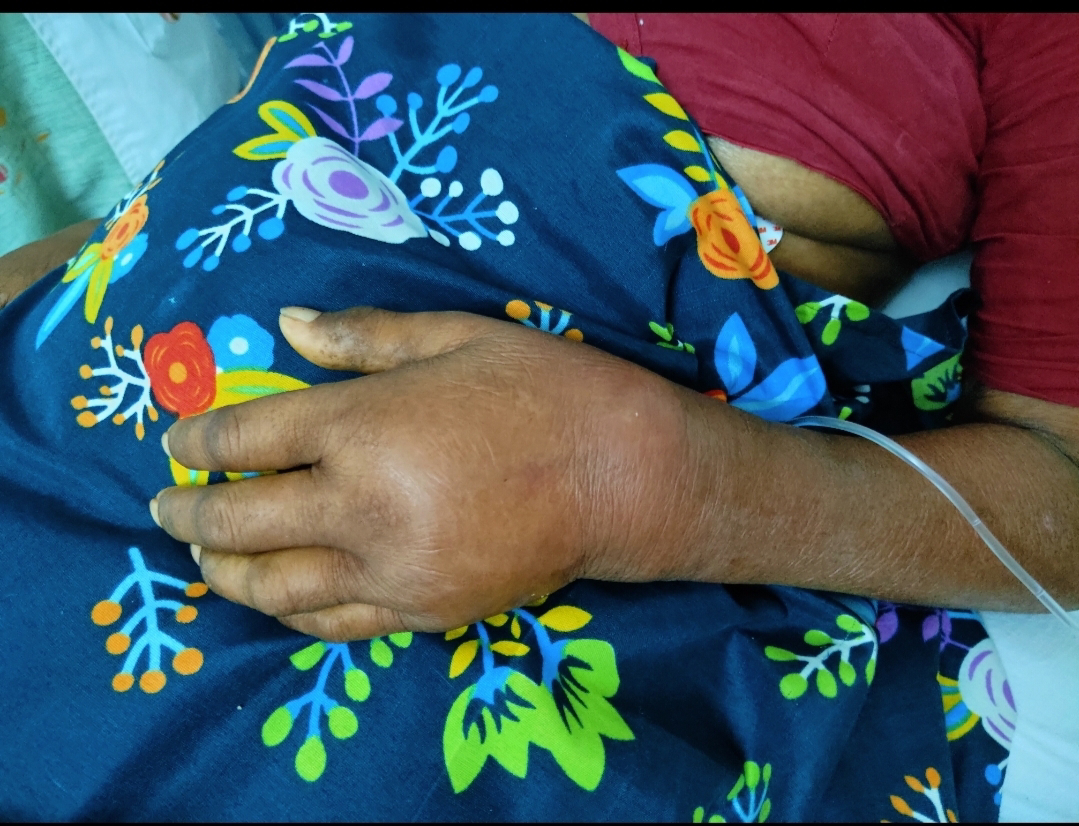assessment 2
26 year old woman with complaints of altered sensorium somce 1 day,headache since 8 days,fever and vomitings since 4 days
https://harikachindam7.blogspot.com/2020/12/26-year-old-female-with-complaints-of.html
a). What is the problem representation of this patient and what is the anatomical localization for her current problem based on the clinical findings?
ans.)Tubercular meningitis with k/c/o SLE since 3 years
Anatomical localisation: based on complaints,of head ache,neck pain and fever,it is most probably meningitis.
b) What is the etiology of the current problem and how would you as a member of the treating team arrive at a diagnosis?
ans.)Mycobacterium tuberculosis
H/o meningitis symptoms and also family history (Her father in law has been active pulmonary Koch’s and finished his course of medication six months ago)
c) What is the efficacy of each of the drugs listed in her prior treatment plan that she was following since last two years before she stopped it two weeks back?
ans.)Hydroxychloroquine-https://doi.org/10.1517/14740338.2011.566555
Sulfasalazine-
Methlprednisolone-
Alendronate-
d)Please share any reports around similar patients with SLE and TBmeningitis
e)What is the sensitivity and specificity of ANA in the diagnosis of SLE?
ans)
https
2) Please go through the two thesis presentations below and answer the questions below by also discussing them with the presenters:
1)https://youtu.be/sw8o8y5Yw_I
What was the research question in the above thesis presentation?
ans) association of serum magnesium with type 2diabetes
What was the researcher's hypothesis?
The hypothesis is that magnesium levels are low in the people of DM-2,also,in the normal population,those with low values of magnesium are at an increased risk of developing diabetes,than those with normal levels.
Also the magnesium levels affect the outcomes and the rate of progression of the disease,that is the complications like nephropathy, neuropathy, retinopathy develop faster in those with low serum magnesium
What is the current available evidence for magnesium deficiency leading to poorer outcomes in patients with diabetes?
2)https://youtu.be/jXVS5J1-RNE
a)What was the research question in the above thesis presentation?
ans)24 hour urinary sodium excretion in newly diagnosed hypertensive patients.
What was the researcher's hypothesis?
The hypothesis was salt restriction is not always helpful in control of hypertension as there are about 30-40%of people where salt restriction showed no beneficial outcome as there are two categories of hypertensives,one those who are sensitive to decreased salt consumption,the others where there is no sensitivity to decreased salt consumption.
b)What is the current available evidence for the utility of monitoring salt excretion in the hypertensive population?
3) Please critically appraise the full text article linked below:
What is the efficacy of aspirin in stroke in your assessment of the evidence provided in the article. Please go through the RCT CASP checklist here
https://casp-uk.net/casp-tools-checklists/ and answer the questions mentioned in the checklist in relation to your article.
4) Please mention your individual learning experiences from this month.
ans)Management of SLE and adverse effects of the drugs used in SLE
Tubercular meningitis with lymphocytopenia
Management of CAD
Management of diabetic ketoacidosis
Management of acute pancreatitis
5) a) What are the possible reasons for the 36 year old man's hypertension and CAD described in the link below since three years?
The pt's BMI is not mentioned but if the pt has central obesiy it might also lead to blockage of coronary arteries causing CAD
There is a possibility of pheochromocytoma
High blood pressures may also be due to kidney failure .
b) Please describe the ECG changes and correlate them with the patient's current diagnosis.
Rhythm is irregular
c) Share an RCT that provides evidence for the efficacy of primary PTCA in acute myocardial infarction over medical management. Describe the efficacy in a PICO format.


